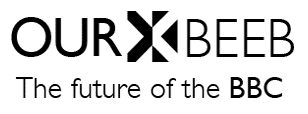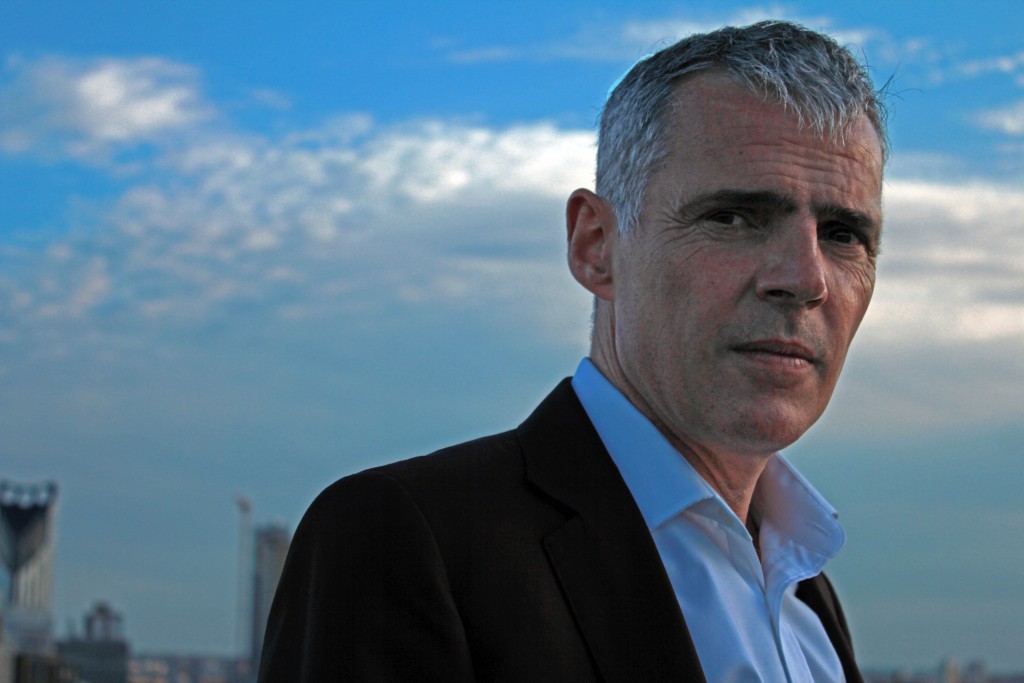Banish soaps to daytime TV
by Peter Jukes
The paradox of Britain’s TV drama is that the BBC has led a race to the bottom when it comes to popular drama.
This country is one of the few in the world where soaps dominate the primetime viewing hours mid-evening. In the US, on network and cable, primetime is for the classiest comedies, thrillers and procedurals.
Making 50 to 100 episodes of Holby City or Eastenders puts the show well beyond the reach of the American model of a showrunning with a creative writers room. It puts the storytelling in the hands of people with no training in drama or writing, but who dictate the plot and pace without their names even appearing in the credits.
The result has been a dramatic decline in storytelling and dialogue. Soaps are great factories designed to crush any original thought out of young writers and directors. Storylines are conjured out of humdrum procedurals, followed by sudden improbabilities of murder and mayhem. The dialogue, hurriedly rewritten in house, is subtle as a wrecking ball (‘I’m really ANGRY with you!”).
Meanwhile, for the audience, the vision of life depicted in soaps is simultaneously unreal (no one ever watches TV in soaps) and yet suffocated under the grime of 1960s kitchen-sink naturalism (No mean feat to be both inauthentic AND dispiritingly dull). In relative terms, soaps are still popular – but actually their audience has halved over the last 20 years, with millions abandoning outdated platitudes about class, ethnicity and tick boxed ‘social issues’ they cover.
Soaps aren’t drama. They’re social engineering. So cut them down, move them to day-time, and let a proper team of writers come up with series of 10 to 24 episodes (as they do in the US, Israel or Denmark) to occupy those slots.
It will be more costly in the short term (soaps are cheaper to make) but Britain is very much hampered by the 6 episode format which is unsellable in most the rest of the world.
And besides that, if the BBC is supposed to take risks and innovate (as it does in other fields) why the hell can’t it do the same with popular drama?
Why vote? We will feed in readers' favourite ideas to the government's consultation on the future of the BBC, and profile them heavily in the media. We believe the debate over the BBC's future is too narrow and focused on cuts - it's missing strong, positive ideas about what public broadcasting can and should be. By voting, you can have your say on what those ideas should be - and if you've got your own, share them with us→




